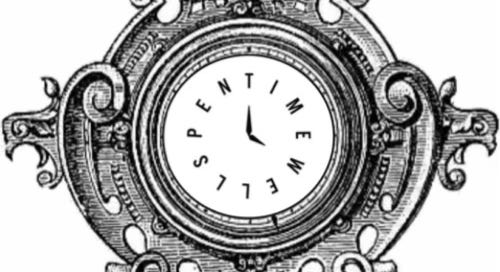Disney Almost Bought Twitter In 2016, They Were Astounded At The Number Of Bots
Until today I had no idea that Disney had ever actually looked into buying Twitter, which sounds almost comical. Twitter’s user-culture is the diametric opposite of the polished, smiling, innocent, child-friendly ethos of Disney. It’s dirty and insane, like community hour in an asylum.
But Disney’s CEO at the time, Bob Iger, was interested. He described in his recently published memoir that his company needed a new way to distribute its trove of IP, and needed it quickly. He mulled developing an online platform, which would have cost half a billion over 5 years, but eventually landed on the next best thing. Twitter.
Ironically, he eventually discovered the exact same issue Musk complained about during his recently failed bid to buy Twitter: that the platform has a serious bot problem, and the company is worth less because of it.
Here’s a snippet from Iger’s memoir where he describes the beginning stages of Disney’s attempt to buy Twitter and the eventual bot discovery:
We enter the process immediately, looking at Twitter as the solution: a global distribution platform. It was viewed as sort of a social network. We were viewing it as something completely different. We could put news, sports, entertainment, [and] reach the world. And frankly, it would have been a phenomenal solution, distribution-wise.
Then, after we sold the whole concept to the Disney board and the Twitter board, and we’re really ready to execute — the negotiation was just about done — I went home, contemplated it for a weekend, and thought, ‘I’m not looking at this as carefully as I need to look at it.’ Yes, it’s a great solution from a distribution perspective. But it would come with so many other challenges and complexities that as a manager of a great global brand, I was not prepared to take on a major distraction and having to manage circumstances that weren’t even close to anything that we had faced before.
Interestingly enough, because I read the news these days, we did look very carefully at all of the Twitter users — I guess they’re called users? — and we at that point estimated with some of Twitter’s help that a substantial portion — not a majority — were not real.
I don’t remember the number but we discounted the value heavily. But that was built into our economics. Actually, the deal that we had was pretty cheap.
Initially, when I heard that Musk put the Twitter deal on pause because of issues surrounding the number of bots, I assumed this was an excuse for Elon to back out of a situation he never intended on taking seriously. But it looks like Twitter really does have an under-discussed bot problem.
This reminds me of a joke theory I read a while ago, I remember it only vaguely, but it went something like: there are no real people on Twitter except you, everyone you interact with is a bot designed to keep you engaged and on the platform, Twitter is a kind of soft prison built entirely on fake interactions, and you are the only inmate.
Maybe the lawsuits happening between Twitter and Musk will reveal whether something close to this theory is right.




